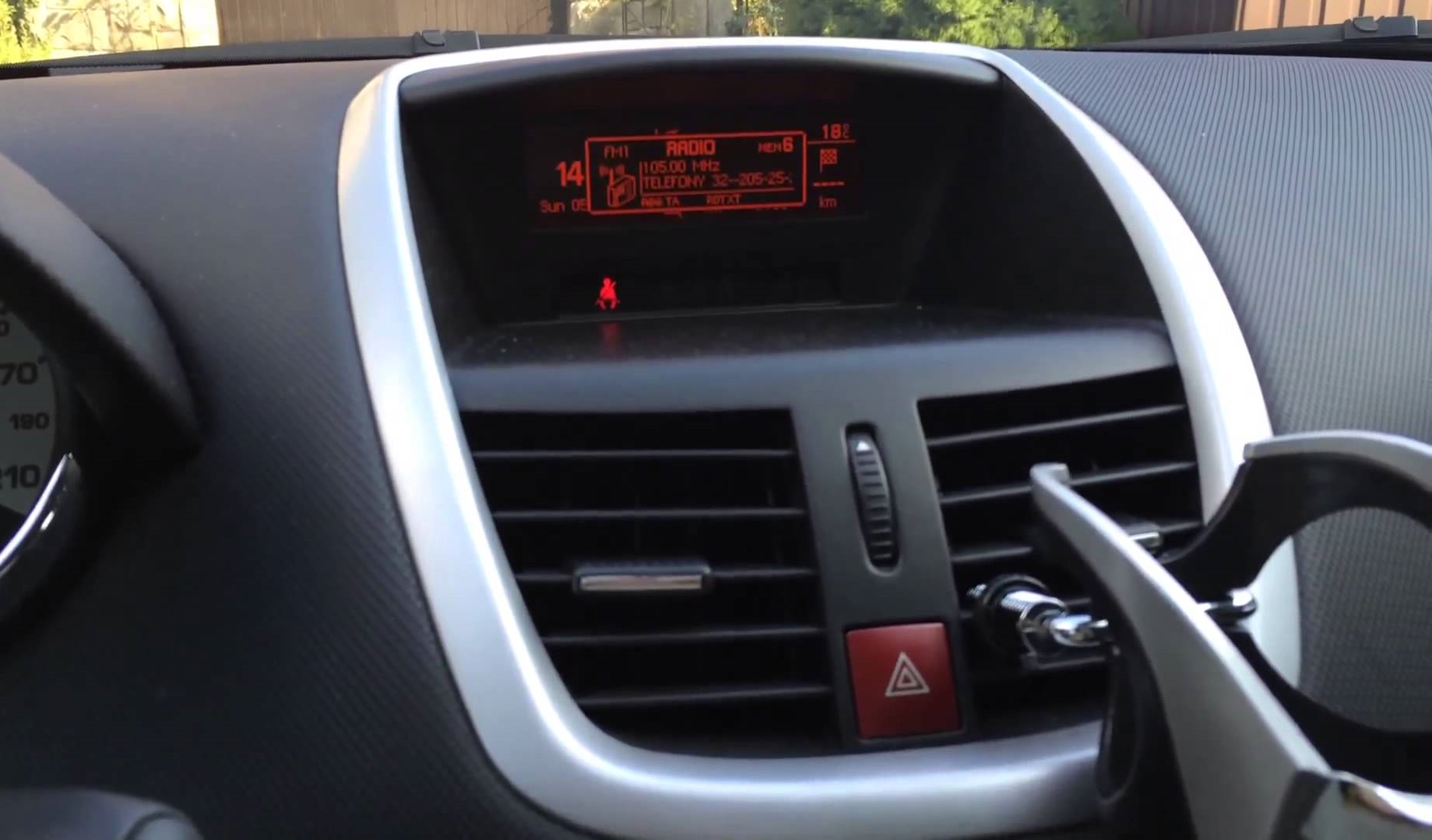
The proposed telerobotic system has potential utility for improving the life quality of dementia elderly and the care effect of their caregivers. Moreover, the practicability of the proposed system was verified by teleoperating the YuMi robot to pick up a medicine bottle and further demonstrated by assisting an elderly woman in picking up a cup remotely. Results show that the position tracking deviation between the trajectory of the operator and the robot measured by dynamic time warping distance is 1.05 mm at the sampling frequency of 7.5 Hz. Meanwhile, corresponding experiments are conducted to verify the performance of the trajectory tracking using the path-constrained mapping method. Besides, a path-constrained mapping method is designed for motion trajectory tracking between the robot and the operator in the progress of teleoperation.

The position-orientation data of the operator’s hand are obtained and used to control the YuMi robot. The communication architecture is achieved by the robot operation system (ROS). The proposed system is composed of a dual-arm collaborative robot (YuMi) and a wearable motion capture device. In this paper, a telerobotic system is presented which gives the caregivers the capability of assisting dementia elderly remotely.

The development of teleoperation technology has changed the traditional way of care delivery and brought a variety of novel applications for dementia care.

As a senile chronic, progressive and currently incurable disease, dementia has an enormous impact on society and life quality of the elderly.


 0 kommentar(er)
0 kommentar(er)
